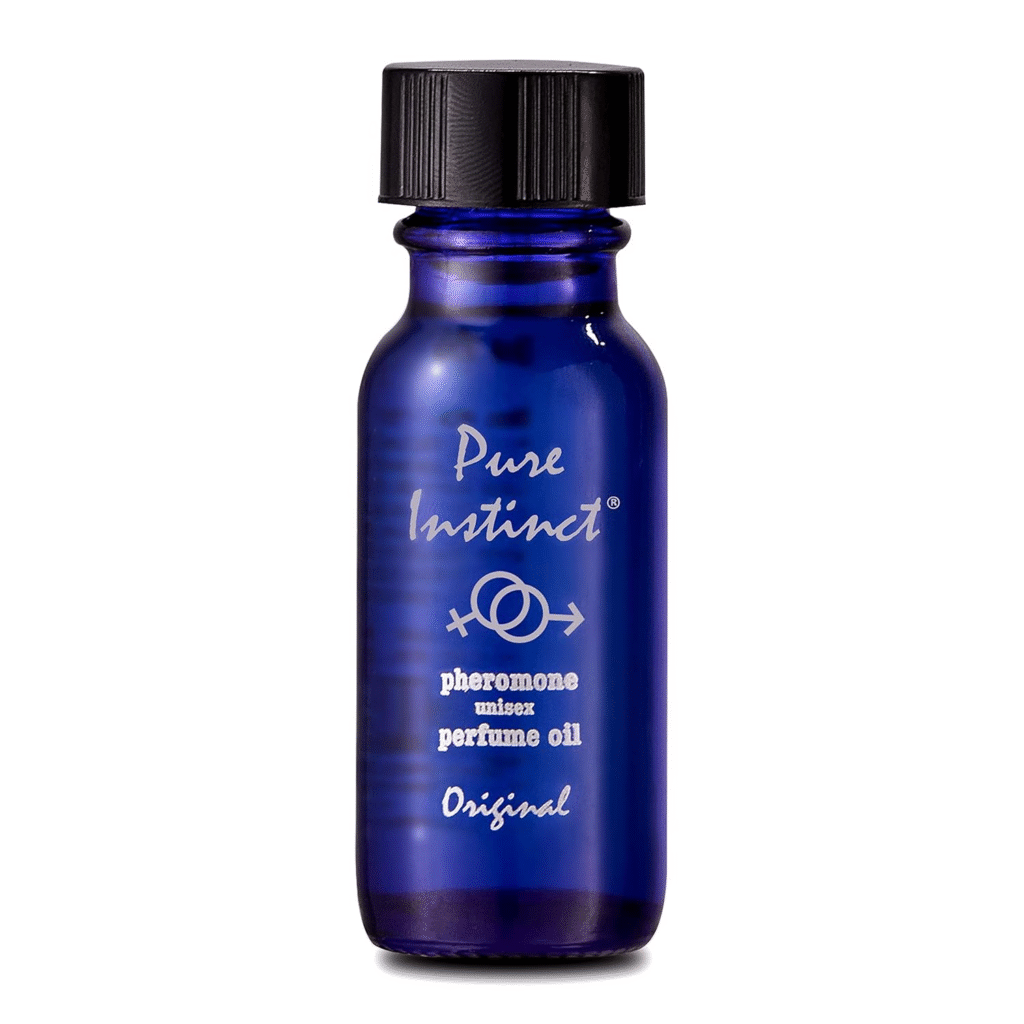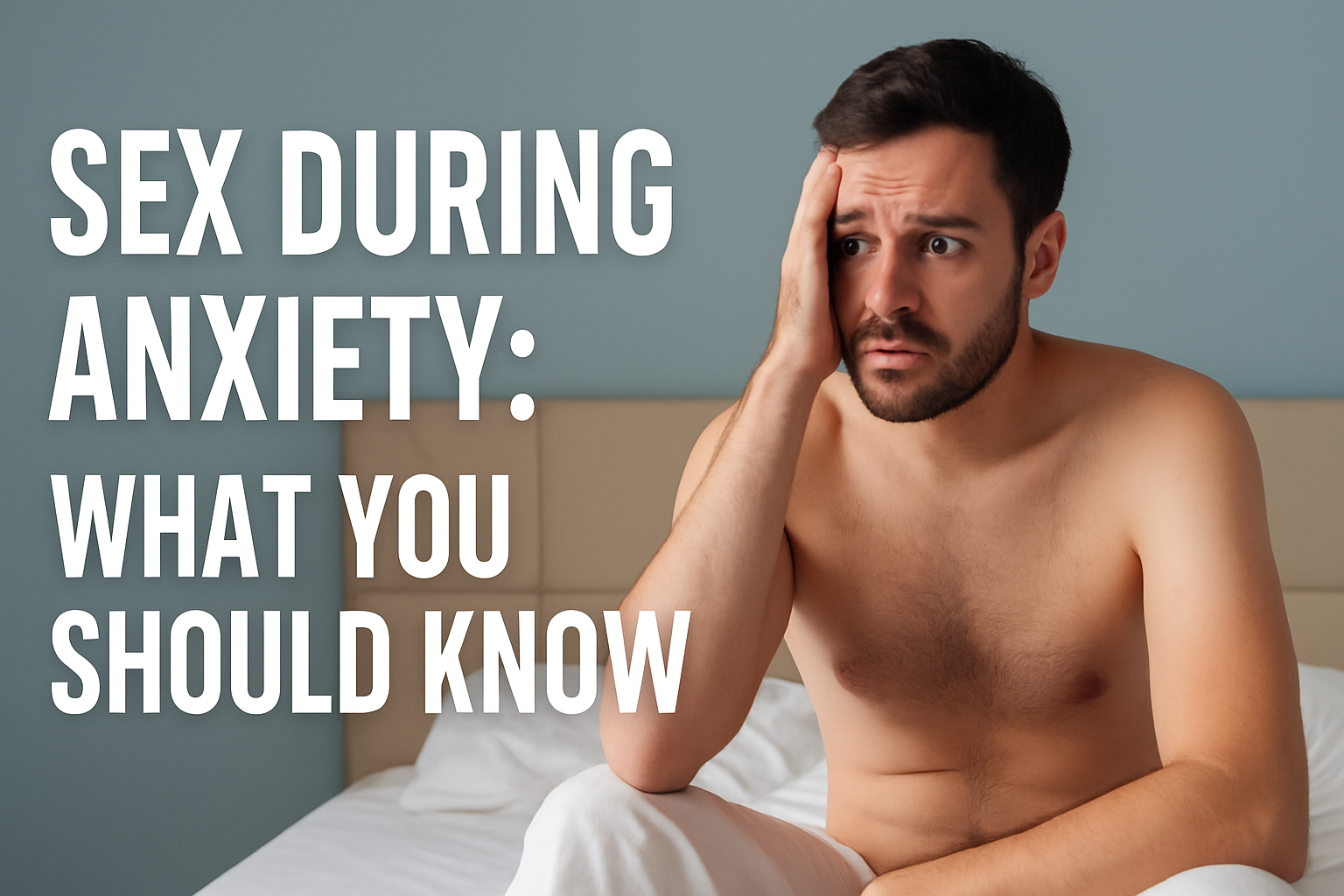
Intimacy can feel like a safe place for emotional bonding. But when anxiety enters the picture, even the closest connection may feel strained. The relationship between sex and anxiety is often misunderstood yet deeply important in adult emotional life.
While sex is usually seen as an expression of love or passion, anxiety changes the emotional and physical experience. For many adults, sex and anxiety come together in ways that disrupt desire, connection, or trust. Understanding how these two forces interact can bring healing and relief.
How Anxiety Influences the Body and Mind

Anxiety affects the nervous system. It triggers stress hormones, muscle tension, and rapid thoughts. These symptoms interfere with the body’s natural response to arousal. When someone is anxious, their body may feel unsafe—even in loving moments.
Adults experiencing anxiety often describe feeling disconnected during sex. Their minds race. Their hearts pound. Pleasure becomes difficult to focus on. When the body is in fight-or-flight mode, emotional presence fades.
The relationship between sex and anxiety is not about weakness. It is a real physical and emotional process that can be managed with awareness, support, and calm routines.
Desire and Avoidance: Two Sides of the Same Coin

Some people with anxiety avoid sex. Others may use it to seek comfort or validation. Both are valid responses. Anxiety affects each adult differently.
When avoidance happens, it is not always about the partner. It may be about self-doubt, fear of failure, or emotional overload. Sex and anxiety mix together when the person feels mentally overwhelmed, even if love is present.
On the other hand, some adults use sex to quiet anxiety. For them, intimacy feels like a way to reset emotionally. This approach can offer comfort but may also hide deeper struggles that need attention. The key is awareness.
Communication: The Healing Bridge

Talking about anxiety is difficult—but powerful. When couples speak openly about their feelings, emotional pressure reduces. Partners feel seen and supported.
Discussing sex and anxiety helps build emotional safety. It invites understanding rather than judgment. Adults who feel anxious during sex may benefit from gentle questions like “What would make you feel more comfortable right now?” or “Would slowing down help you feel safer?”
Anxiety thrives in silence. Openness allows intimacy to return, even if the pace becomes slower or different than before.
Pacing and Presence in Intimacy

Many adults living with anxiety need more time to relax before intimacy. They may prefer slow touch, deeper emotional connection, or non-sexual closeness first.
In the conversation around sex and anxiety, pacing is essential. Rushing leads to tension. Pressure leads to disconnection. Instead of expecting quick arousal, some couples take their time—breathing together, sharing thoughts, or just being present without expectations.
When anxiety is high, even small actions like soft lighting, calming music, or a relaxing scent can help. Some adults explore pheromone perfumes to support emotional mood. These gentle aromas may help create a calm and sensory-friendly space.
Emotional Triggers and Self-Awareness

Certain experiences trigger anxiety during sex. Past trauma, fear of rejection, or low body confidence may create mental blocks. Recognizing these triggers without shame is an act of self-care.
Adults may ask themselves what feels unsafe or pressured. Some keep journals to track patterns in emotional or physical reactions. Over time, this helps them understand how sex and anxiety show up in their life.
For some, therapy supports this awareness. Talking with a counselor or sex therapist helps untangle inner conflicts and bring clarity to confusing feelings.
Physical Symptoms and Performance Pressure

Anxiety creates real physical effects. For men, this may include premature ejaculation or erectile difficulties. For women, it may lead to dryness or pain. These are not failures—they are signs of stress responses.
The link between sex and anxiety often appears here. The brain signals danger while the body struggles to perform. This loop increases shame unless interrupted by understanding and support.
Adults may use grounding techniques before intimacy. This includes deep breathing, mindfulness, or progressive muscle relaxation. These tools shift the body from tension to calm.
Sensory Environment and Comfort Tools

A comforting space supports emotional presence. Dim lights, clean sheets, and favorite music can set the tone. Some adults find emotional ease through scent. For them, pheromone perfumes can be explored as part of an emotional ritual—not to seduce, but to soothe.
Smell plays a strong role in memory and safety. If a scent is connected to calm experiences, the body may relax faster. While these perfumes are not medical treatments, they offer gentle sensory support.
Creating a soft and welcoming environment invites connection. It reminds the anxious mind that safety is present, and nothing needs to be rushed.

Connection Without Expectation

Sometimes, the most healing thing is letting go of the goal. When adults focus only on sex as an outcome, anxiety increases. But if connection itself becomes the goal—through cuddling, touching, or simply lying together—intimacy returns.
In conversations about sex and anxiety, the message becomes clear: intimacy is not about perfection. It’s about trust, presence, and choice. Each moment offers the chance to reconnect emotionally.
Conclusion
The journey of understanding sex and anxiety is deeply personal. It involves both the body and the heart. Anxiety may change how intimacy is felt, but it does not remove the possibility of closeness.
With open communication, self-awareness, and emotional rituals, adults can find their way back to comfort. For some, gentle tools like pheromone perfumes may enhance mood or memory in subtle ways. Others lean on support systems, calming practices, or therapy.
What matters most is kindness—to oneself and to one’s partner. Anxiety may be present, but it does not define the relationship. Intimacy, even through fear, is still possible.
FAQs: Sex During Anxiety
1. Can anxiety reduce my interest in sex?
Yes. Anxiety often lowers desire due to mental tension and stress hormones.
2. What is the link between sex and anxiety?
Sex and anxiety often interact when stress impacts desire, performance, or emotional comfort.
3. Can pheromone perfumes help during anxiety?
Some adults explore pheromone perfumes to create calming sensory spaces.
4. Should I avoid sex if I feel anxious?
Not always. With emotional safety and open communication, intimacy can still feel safe.
5. Can anxiety affect sexual performance?
Yes. Anxiety can lead to premature ejaculation, low arousal, or physical discomfort.
6. Is therapy useful for sex-related anxiety?
Yes. Therapy helps adults understand their emotional triggers and regain confidence.
7. What can help me feel safe before intimacy?
Soft lighting, slow touch, relaxed breathing, and calm conversation can create safety.
8. Is it normal to cry during sex if I’m anxious?
Yes. Anxiety can release strong emotions. Tears are a natural emotional response.
9. Can my partner understand my anxiety?
Yes. Honest and gentle communication often deepens connection and trust.
10. What if my anxiety ruins intimacy every time?
If it happens often, professional support can help. Healing is possible with time

